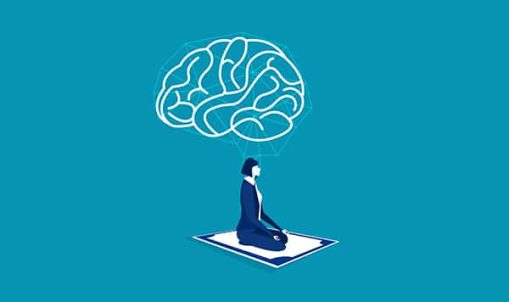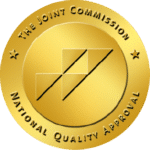Tarzana, South Bay, and Santa Monica
Ketamine Therapy, TMS
and CBT.
This Program is Changing Lives.
IOP level of treatment is 3 or more hours per day for 3 to 5 days per week.
We are not in network with any PPO insurance plans, but we can accept them as an out-of-network provider.
According to Harvard University, Transcranial Magnetic Stimulation (TMS) for depression is a safe and effective treatment that uses magnetic pulses to stimulate different brain areas. TMS is non-invasive (does not require surgery), non-systemic (does not affect the entire body), and well-tolerated. TMS therapy can be used alone or with other treatment modalities, including behavioral therapies and medication.
Patients recline in a treatment chair during TMS treatment and remain awake and alert. A TMS magnet is positioned over the patient’s head to deliver pulses to specific areas of the brain. Patients report that the pulses feel like taps on the scalp. Each treatment session lasts about 3 minutes, after which patients can immediately return to their daily routines.
The TMS treatment for depression is generally well-tolerated by most individuals. While some patients may experience mild scalp discomfort or headaches during sessions, these effects are typically manageable. Many patients report noticeable improvements in symptoms after approximately two weeks of treatment, comprising 8-10 sessions. TMS stands out as a non-invasive and non-systemic approach, with fewer side effects compared to other treatments. Notably, some patients experience no side effects at all. Unlike deep brain stimulation or vagus nerve stimulation, TMS does not involve electrode implantation or surgery, nor does it induce seizures or necessitate anesthesia sedation. Importantly, TMS does not interfere with cognitive function, allowing patients to resume their daily activities following treatment sessions.

How do you know if you need it?
TMS Therapy focuses on the areas of the brain that control mood, so it does not negatively affect thinking, memory, or any other normal brain functions.
TMS Therapy focuses on the areas of the brain that control mood, so it does not negatively affect thinking, memory, or any other normal brain functions.
Typically, treatments are needed for only a 6-week course of 45 minutes per day, unlike medications that can take months to stabilize mood. After a course of TMS Therapy, most patients enjoy long-lasting benefits.
Transcranial Magnetic Stimulation started as a treatment option for non-responsive depression. Overtime, it has grown to include other disorders as well. However, it remains a depression alternative treatment option for many people.
FIND RELIEF WITH CLEAR MIND
Schedule a free confidential consultation with a member of our team. Get your questions answered quickly.
Our Locations:
Certification Number: 191268AP
Expiration: 9/30/2025



Clear Mind Treatment is an intensive outpatient healing center that helps individuals struggling with depression, anxiety, trauma and related mental health concerns. Our beautiful, private facility welcomes clients to take part in our uniquely individualized treatment program.

LGBTQIA-Friendly Environment

We proudly work with veterans, police officers, firefighters, and first responders. Post-traumatic stress disorder (PTSD), trauma therapy and treatment. Have you or a loved one witnessed and or lived through a traumatic, scary, shocking or stressful event? PTSD therapy and treatment might be right for you!
